Discussing on the sidelines of the National Assembly about the Draft Law on Science , Technology and Innovation , many delegates pointed out the points that need to be improved, especially regarding the financial mechanism, preferential policies and the operation of support funds. In particular, emphasizing the policy of avoiding "leveling", focusing resources on science and technology enterprises with real potential, while tightening management to prevent "impersonation" to benefit.
Avoid impersonating "science and technology enterprises"
to enjoy the benefits
National Assembly Delegate Trinh Xuan An said that in the draft Law on Science, Technology and Innovation , there is a very important point that needs to be clarified, which is the financial mechanism and preferential policies through support funds for science, technology and innovation.
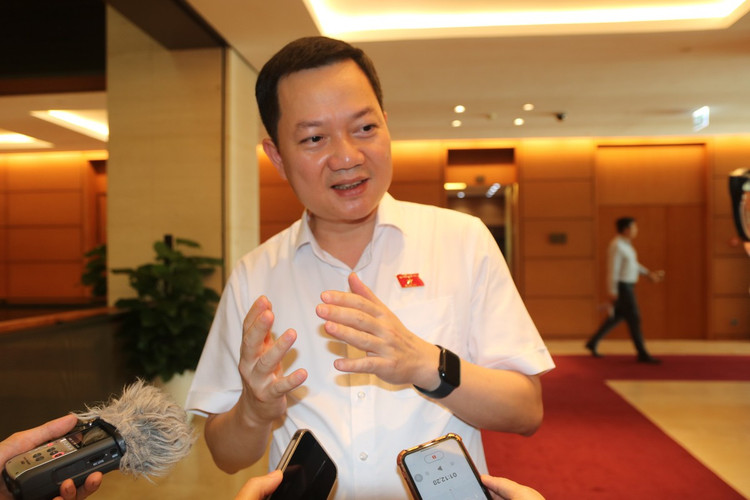
“Currently, we strongly encourage the development of science and technology and innovation, but we should not implement policies in a "leveling" manner. In my opinion, we need to clearly classify which enterprises have high science and technology content, which enterprises have a large proportion of investment in research and development, and have significant revenue contributions from research results, then they truly deserve to enjoy special preferential policies,” said delegate Trinh Xuan An.
That, according to delegate Trinh Xuan An, is to avoid the situation where every enterprise calls itself a "science and technology enterprise" to enjoy incentives. Without a specific distinction, we will easily fall into a situation of spreading resources, not creating a real driving force for national science and technology.
We only need to clearly identify about 10-15 key enterprises in science and technology, leading units, doing substantial work, and making clear contributions. These are enterprises that deserve to enjoy outstanding preferential mechanisms in finance, capital, tax, etc. so that they can continue to invest deeply and develop more strongly. Only when we create conditions for key enterprises to develop breakthroughs can we create a spreading force and lead the innovation ecosystem.
Regarding the provisions on innovation (Chapter 4), delegate Trinh Xuan An said that the Draft Law mentioned the objectives, processes and methods, however, it still did not clearly show the content of innovation at each level. Science and technology itself includes innovation, but the law needs to be more specific to avoid generality and ambiguity.
“For example, “innovation in the economy” is still vague, not clearly distinguishing between levels: national, regional, local and enterprise. Meanwhile, innovation in enterprises is an internal requirement, they are forced to implement it themselves. If the law does not clarify this part, it will lack a mark and be difficult to implement in practice,” said delegate Trinh Xuan An.
Regarding digital transformation, delegates said that it is necessary to identify this as not just a single task, but must be integrated throughout the entire science and technology cycle. This also needs to be more specifically regulated in the law.
Integrating support mechanisms into current science and technology funds
National Assembly Delegate Tran Hoang Ngan (Ho Chi Minh City Delegation) assessed that the Draft Law on Science, Technology and Innovation has provisions on the National Venture Capital Fund and the Local Venture Capital Fund. According to him, venture capital, also known as risky investment, requires caution and the selection of highly qualified personnel to make investment decisions.
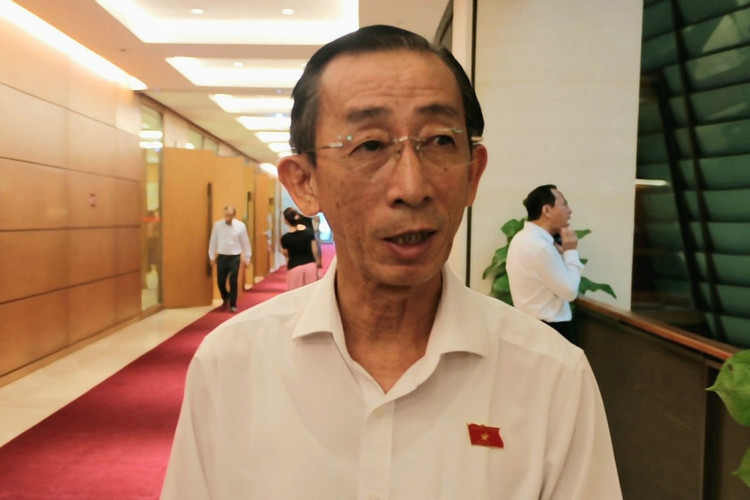
Delegates are concerned that if the National Venture Capital Fund and the Local Venture Capital Fund are established and then assigned to non-specialized agencies and departments, the risk of failure will be very high. Therefore, instead of establishing these state funds, a mechanism should be created for existing private venture capital funds to operate more effectively.
In fact, there are currently nearly a dozen large venture capital funds present in the Vietnamese financial market, possessing full experience and strength. When investing in enterprises in the fields of science, technology and innovation, these funds are not only willing to share capital but also management experience, and at the same time support distribution channels for experimental projects to achieve higher success.
“Therefore, I think we should consider integrating this support mechanism into the draft Law, specifically related to the National Science and Technology Development Fund, the National Technology Innovation Fund and the Science, Technology and Innovation Development Funds of ministries, branches and localities,” delegate Tran Hoang Ngan suggested.

Sharing the same view on how to maximize the effectiveness of science, technology and innovation support funds, delegate Nguyen Thi Suu (Thua Thien Hue delegation) said that a synchronous legal system and connection mechanism between types of funds are needed.
“The draft mentions different types of funds such as national funds, ministerial and local funds, and enterprise funds. Legalizing these funds into the same document is necessary to ensure consistency, because although they are at different levels, the funds belong to the same field of expertise,” said Ms. Suu.
The important thing, according to the delegate, is to have a mechanism to connect funds from the national to local levels, ministries, sectors and enterprises to form a unified and effective support system. Currently, the operation of these funds is quite isolated and lacks connectivity. The draft law needs to stipulate more clearly the coordination mechanism between levels, and at the same time clarify the roles and responsibilities of organizations and individuals in the management and operation of funds.
In particular, venture capital funds are one of the key factors that need more attention. If designed and operated properly, these funds will create a strong momentum for startup ideas, helping to transform knowledge and innovations into specific products and services with economic and social value.
“In my opinion, the issue of funds, especially the management, operation and evaluation mechanisms, needs to be carefully studied. We cannot continue to allow funds to be established without being effective, leading to stagnation or waste of resources. This legalization is an opportunity to overcome previous limitations and create a legal foundation for innovation to develop substantially,” said the delegate.
Source: https://khoahocdoisong.vn/dau-tu-khong-cao-bang-tao-suc-bat-cho-khoa-hoc-cong-nghe-post1541882.html


![[Photo] General Secretary To Lam visits exhibition of achievements in private economic development](https://vphoto.vietnam.vn/thumb/1200x675/vietnam/resource/IMAGE/2025/5/18/1809dc545f214a86911fe2d2d0fde2e8)


![[Photo] More than 17,000 candidates participate in the 2025 SPT Competency Assessment Test of Hanoi National University of Education](https://vphoto.vietnam.vn/thumb/1200x675/vietnam/resource/IMAGE/2025/5/17/e538d9a1636c407cbb211b314e6303fd)

![[Photo] National conference to disseminate and implement Resolution No. 66-NQ/TW and Resolution No. 68-NQ/TW of the Politburo](https://vphoto.vietnam.vn/thumb/1200x675/vietnam/resource/IMAGE/2025/5/18/adf666b9303a4213998b395b05234b6a)


















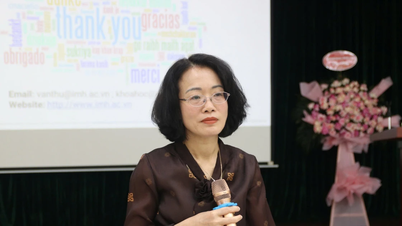
![[Photo] Prime Minister Pham Minh Chinh chairs meeting on science and technology development](https://vphoto.vietnam.vn/thumb/1200x675/vietnam/resource/IMAGE/2025/5/17/ae80dd74c384439789b12013c738a045)













































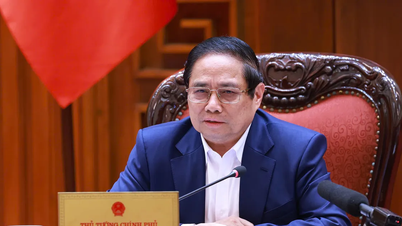





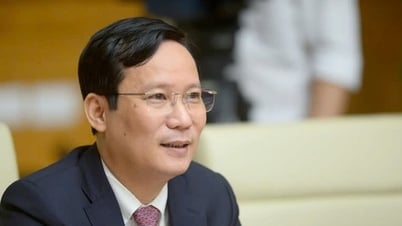









Comment (0)